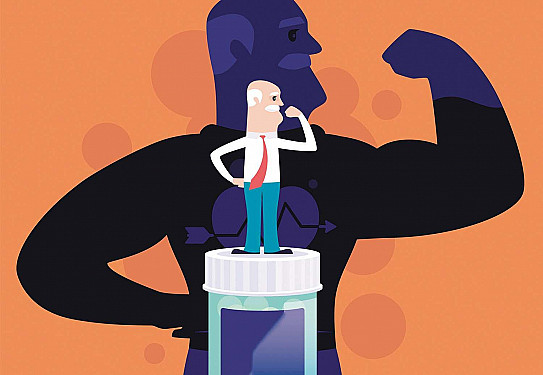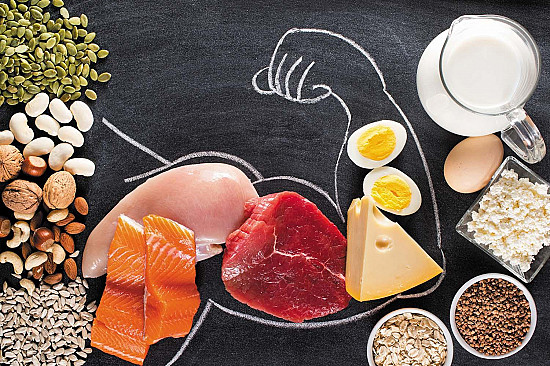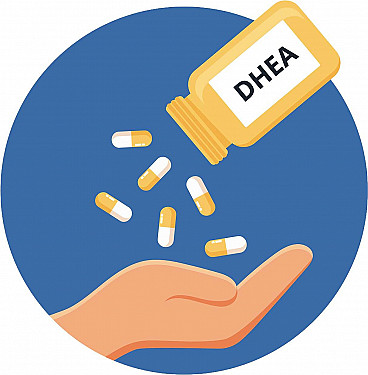Advice to women about supplements — use selectively

Once we believed it was possible to compensate for dietary deficiencies by popping a multivitamin every day. But research suggests that multivitamins may not be all they're cracked up to be.
Moreover, many multivitamins contain some micronutrients in amounts greater than those recommended in the government's Dietary Guidelines for Americans. If you choose to take a multivitamin, take one daily—no more. It's an especially bad idea to take extra multivitamins in an effort to ramp up your intake of a single micronutrient. Doing so means you're sure to get too much of other vitamins and/or minerals, which can be harmful.
Meanwhile, the benefits of multivitamins remain uncertain. The Women's Health Initiative study concluded that postmenopausal women who took multivitamins did not have a lower death rate than others and were just as likely to develop cardiovascular disease or cancers of the lung, colon and rectum, breast, and endometrium. Newer studies have found similar results for men and younger adults.
Little or no evidence of protection
There's also been little or no evidence of protection against cardiovascular disease or cancers from a number of individual vitamin supplements, including vitamin E, vitamin C, beta carotene, and the B vitamin trio — B6, B12, and folic acid.
Experts agree that the best way to get the nutrients we need is through food (see list of nutrient-dense foods below). It is likely that what counts is the synergistic interactions of these nutrients — which might also help explain why trials of single nutrients often don't pan out.
However, there are some exceptions. Many people do not get enough sunlight to make their own vitamin D, and few natural foods provide adequate amounts. Taking a daily 1,000 IU vitamin D supplement is safe insurance. Also, people who eat a strict vegetarian diet or take a daily acid blocker for heartburn or peptic ulcer disease should consider vitamin B12 supplementation. A dose of 1,000 micrograms per day should be more than enough.
Nutrient-dense foodsNutrient-dense foods have a lot of micronutrients relative to the number of calories they contain. Some examples of foods that pack a nutritional punch are:
|
Image: Goodboy Picture Company/Getty Images
Disclaimer:
As a service to our readers, Harvard Health Publishing provides access to our library of archived content. Please note the date of last review or update on all articles.
No content on this site, regardless of date, should ever be used as a substitute for direct medical advice from your doctor or other qualified clinician.
















